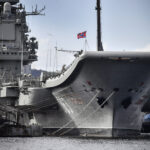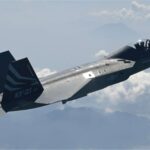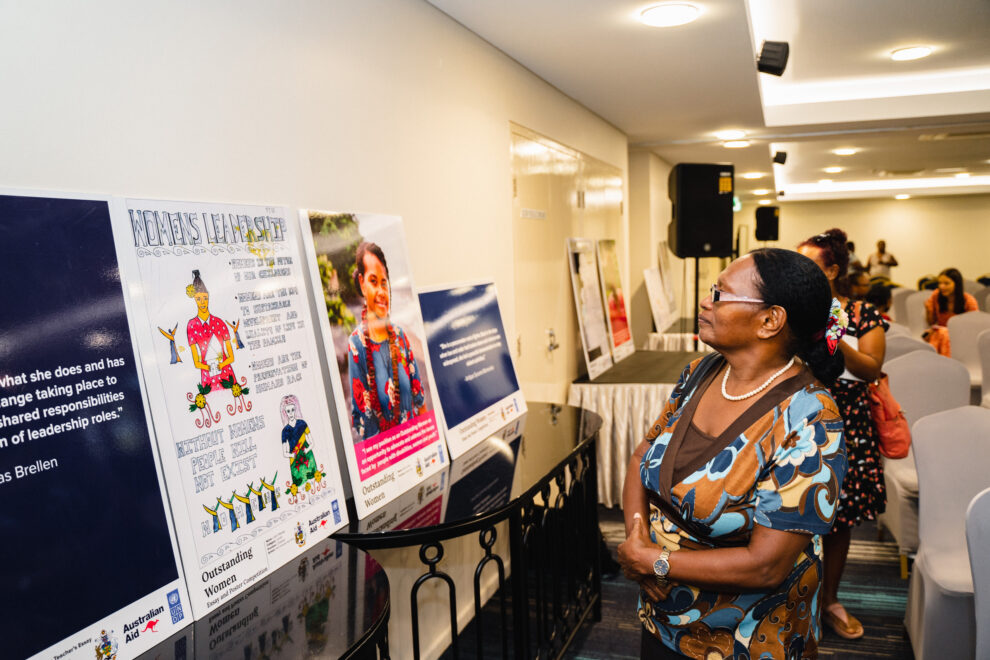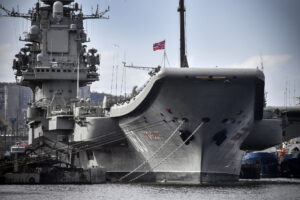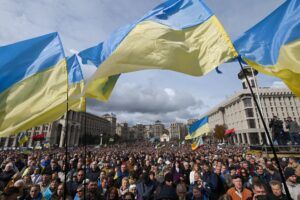Lima hosted the Human Rights Initiative Conference, June 13-15, organized by the Peruvian Armed Forces’ Center for International Humanitarian Law and Human Rights, sponsored by U.S. Southern Command’s (SOUTHCOM) Human Rights Office and the Center for Human Rights Studies, Training, and Analysis (CECADH).
Military leaders and human rights experts from Colombia, the Dominican Republic, Ecuador, Peru, and the United States attended the event. Among the objectives of the conference was to exchange lessons learned and best practices on the participation of women in the armed forces, as well as on security and human rights issues.
“The armed forces of the region create guidelines oriented toward a gender perspective,” Colombian Navy Captain Liliana Flores Bolívar, chief of the Institutional Legal Staff of the Colombian Military Forces, told Diálogo on June 15. “We are building public policies and now women are actively participating in the reconstruction of this social fabric. The experience and support of U.S. Southern Command allows us to talk among countries and learn about these good practices.”
Capt. Flores, who was also the moderator of the discussion panel The Importance of Gender Integration in the Armed Forces, considered that in Peru a series of positive actions and strategies can be highlighted that allow women to position themselves in leadership roles. “This gives us a lot of optimism, because there are many women committed to these practices,” she said.
The sense of security and perception of security that the presence of women in the armed forces create among the population is crucial. “We have this feeling of confidence and this helps to strengthen the dialogue between the civilian population and the military forces,” Capt. Flores said.
By way of example, she highlighted a series of advances in Colombia (her country), due to the increase in female participation in the armed forces, such as the creation of gender, welfare, and family offices in the armed forces and police.
“We have offices that safeguard good coexistence, promote gender mainstreaming, and maintain respect for diversity and multiculturalism, with an ethnic-territorial approach,” she said.
Security and human rights
Another aspect highlighted during the conference was the need to provide security and safeguard compliance concerning citizens’ human rights.
Colombian Brigadier General (ret.) Juan Carlos Gómez Ramírez, visiting professor at the William J. Perry Center for Hemispheric and Defense Studies, who moderated the panel Challenges in the Area of Security and Human Rights, spoke with Diálogo about this topic.
According to Brig. Gen. Gómez, security and human rights challenges arise due to a number of problems present in Latin America, such as population displacements, crimes, natural disasters, and social protests.
“In all these cases, security is a fundamental good. Without it, the possibility of free exercise of rights is limited,” he added. “The task of the military and police forces is precisely to guarantee the peace of the citizenry in the face of these types of events.”
“In cases when peaceful protests turn violent and the authorities must intervene we must approach the virtuous circle of the doctrine, i.e. educate, train, go to operations, draw lessons learned, and sanction mistakes and/or excesses,” Brig. Gen. Gómez said. “The dissuasive and preventive capabilities of the armed forces must contribute to reduce the levels of violence in social protest situations. The ability to talk with demonstrators, rules of engagement, and planning faced with this type of events are important.”
For Peruvian Minister of Defense Jorge Luis Chávez Cresta, this type of meeting strengthens the human rights initiative within military forces, he stressed during the conference, allowing the countries of the Americas to come together to promote human rights.
Source: Dialogo America

